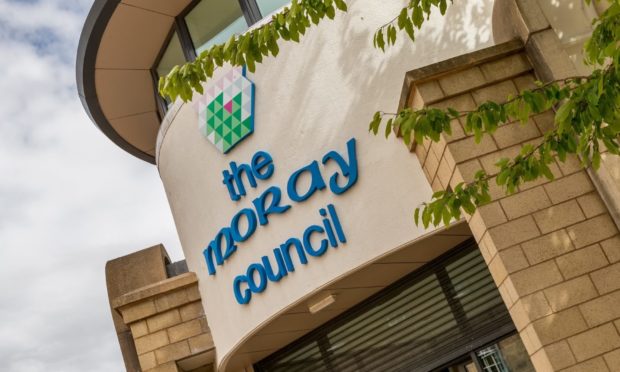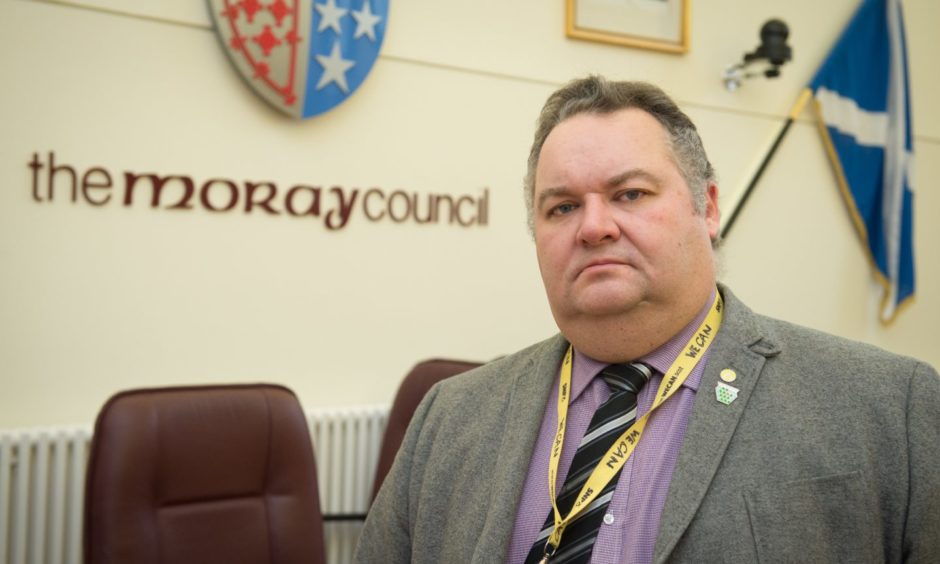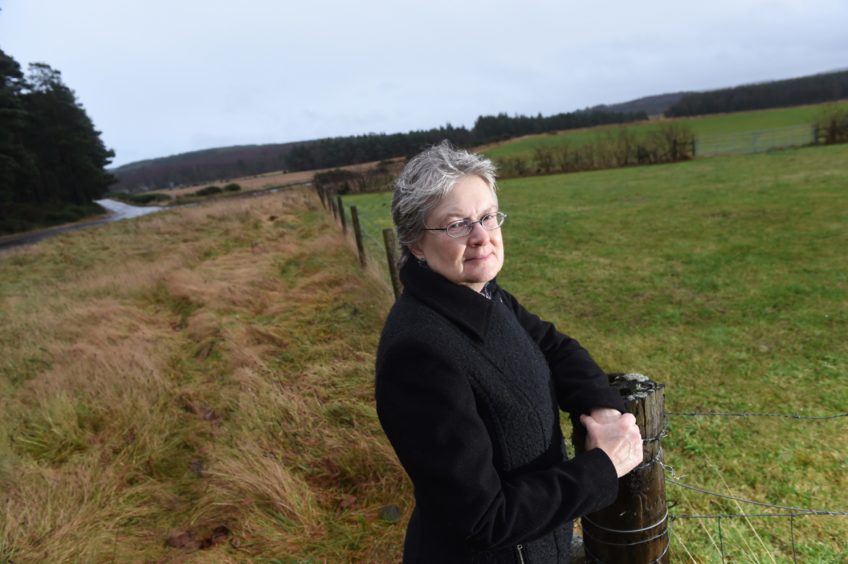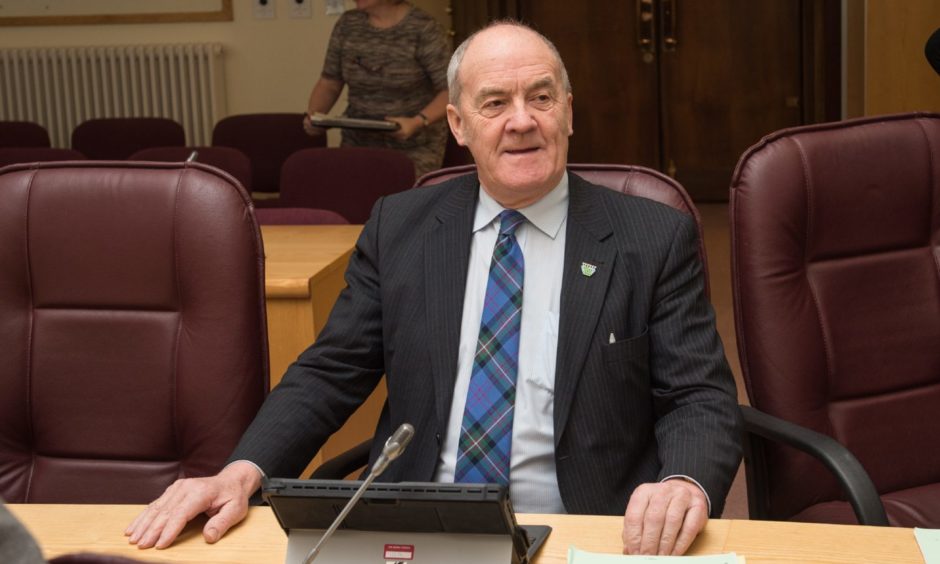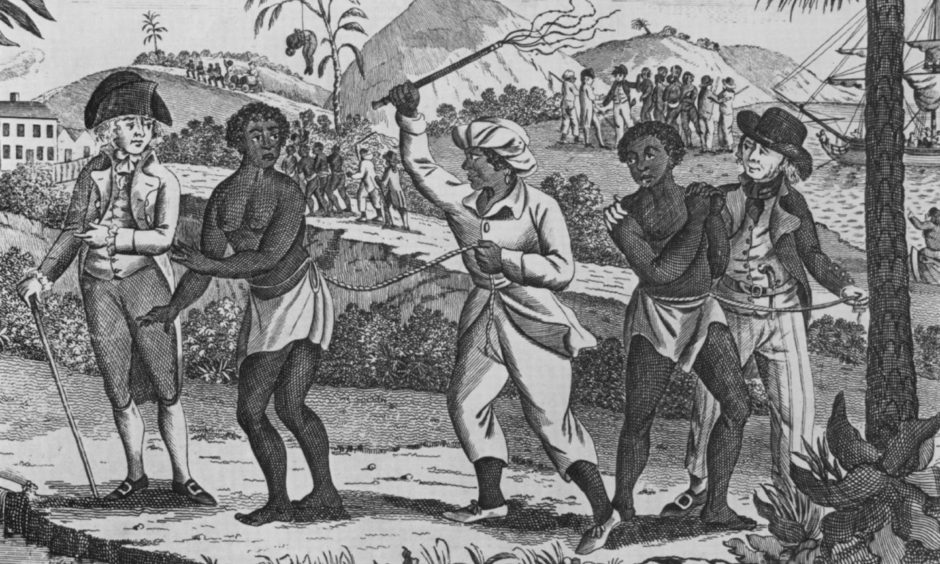Moray Council will call on the Scottish Government to wind up a Forres slave trader’s £1.6 million trust fund and return the money to Jamaica.
Members of the education, children and leisure services committee supporting the move said it was “bold” and the right thing to do at a meeting today.
However, it took two votes to decide what action should be taken over the James Dick Bequest.
Leader of the council Graham Leadbitter, who is not a member of the committee, said it was important not to “cherry pick” issues rising from historic slavery as there could be wide spread implications for Moray, Scotland, the UK and across the world.
He said: “Staff at the moment are still dealing with the Covid recovery. But at the same time I don’t want to kick this into the long grass.”
Shona Morrison, SNP councillor for Fochabers Lhanbryde, put forward the motion to call on the government in Holyrood to repatriate the funds to Jamaica.
She said: “I believe it’s a really bold and brave decision to lobby the Scottish Government.”
‘The morally right thing to do’
SNP councillor for Buckie and committee chairwoman Sonya Warren said: “I think this is morally the right thing to do. We really need to distance ourselves from the Dick Bequest.”
Conservative councillor for Elgin South Frank Brown put forward an amendment for a ‘do minimum’ approach.
That would mean the council would not apply for grants or promote the scheme.
However, the local authority would still have to nominate a councillor to sit on the board of governors, and would be unable to prevent teachers applying directly to the fund.
Mr Brown also included a point made by secondary school representative Susan Slater to make sure those applying to the fund know the origins of the money.
He said: “It seems to me we’re seeking to rewrite history. Anybody who had dealings with the East India Company and anybody who bought from the East India company could arguably be complicit in slavery.”
Split down party lines
Claire Feaver, Conservative councillor for Forres, seconded Mr Brown’s amendment.
She said: “I don’t like being put in a position where I’m made to feel I’m doing something morally wrong.
“What I think is morally right is starting with modern day slavery and lobbying the Scottish Government to do more about that.”
Keen to see a unanimous decision not one split down party lines, independent councillor for Forres George Alexander put forward another amendment.
It called for the council to persuade the fund’s board of governors to have its terms changed so the money could be used to educate pupils on the legacy of slavery in Moray and finance exchange trips with schools in Jamaica.
Mr Alexander’s motion was voted down by Mr Brown’s.
His amendment was then beaten by Mrs Morrison’s motion by five votes to seven.
The local authority will also contact the board of governors to call for action and will stop applying for grants and promoting the fund while making sure applicants know the money comes from slave trading.
What is the Dick Bequest?
A question mark has been hanging over the next steps for the Dick Bequest – which has been used to train teachers and buy school equipment in Aberdeenshire and Moray for almost two centuries – ever since we revealed the truth about its origins in May.
The Office of the Scottish Charity Regulator says it is up to the trustees of the fund to decide whether the money should be redirected from the north-east to Jamaica.
Born in 1743, James Dick became a successful merchant in the West Indies then London in the later half of the 18th century.
However, research carried out by historians David Alston and Donald Morrison has found that Mr Dick along with his partner Robert Milligan were involved in the sale of more than 500 slaves shipped from Africa in 1779.
Following his death in 1828, a fund of around £114,000 was established to encourage learning and efficient teaching in what is now Moray, Aberdeenshire and Aberdeen.
The Dick Bequest fund now stands at more than £1.6m.
While the council has no direct control over the Dick Bequest, it is required to nominate a councillor to sit as one of 10 governors who assess applications to the fund.
